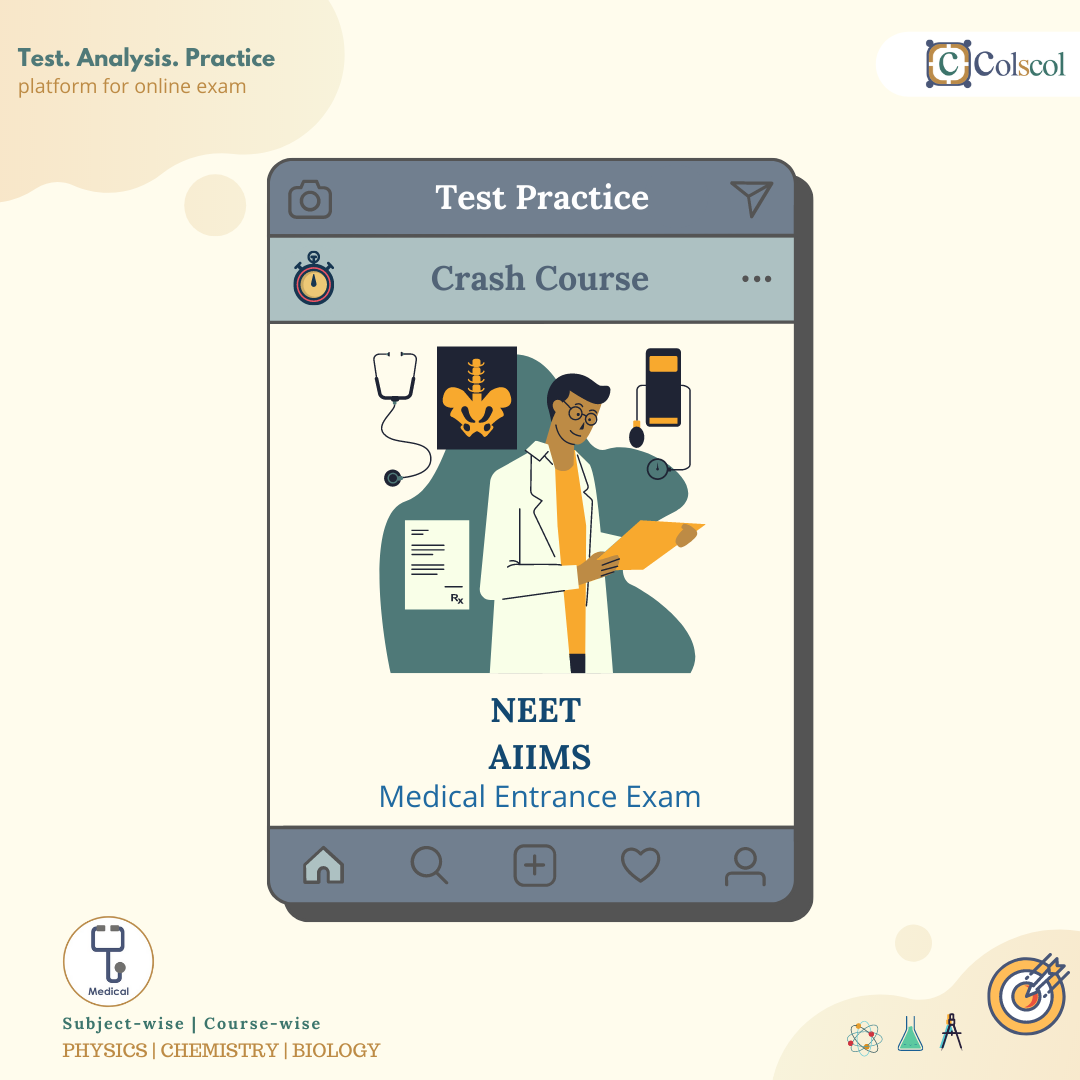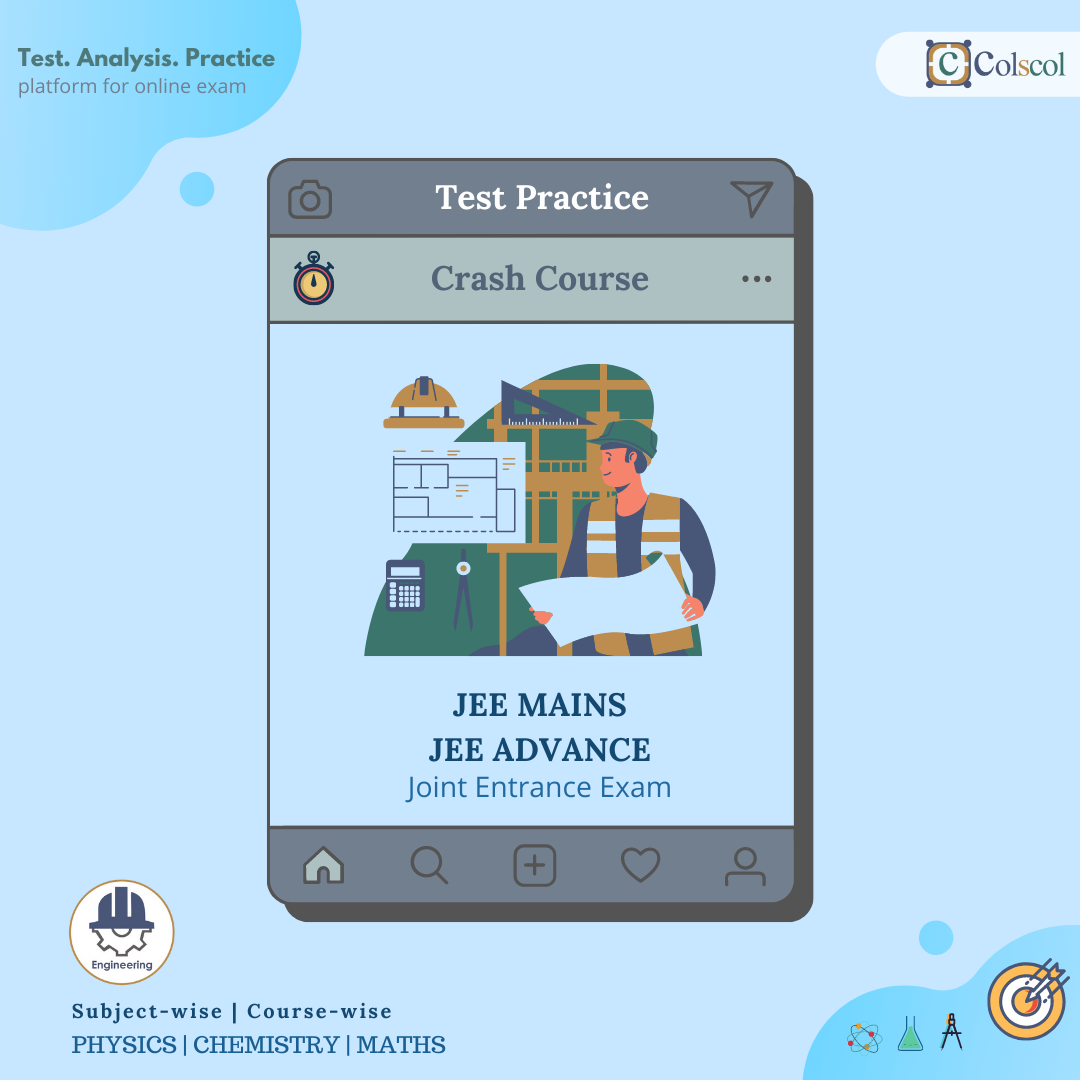
Teaching Specialisation Area in Maths Subject and interest span a range of teaching with Live Classes and Cloud Coaching for Engineering Entrance Exam – JEE MAINS
Expertise with CBSE Board pattern having more that 10 years experience.
Teaching Specialisation Area
-JEE Mains Cloud Coaching Test Practice
Subjects
Grade/ Class
Competitive Exam
Board
Tutoring Mode
Teacher Availability
Maths
11 Science
12 Science
Engineering Entrance
CBSE
ICSE
SB-MH
Live Classes
Week Days Classes
B.E: University Mumbai, Maharashtra, India



